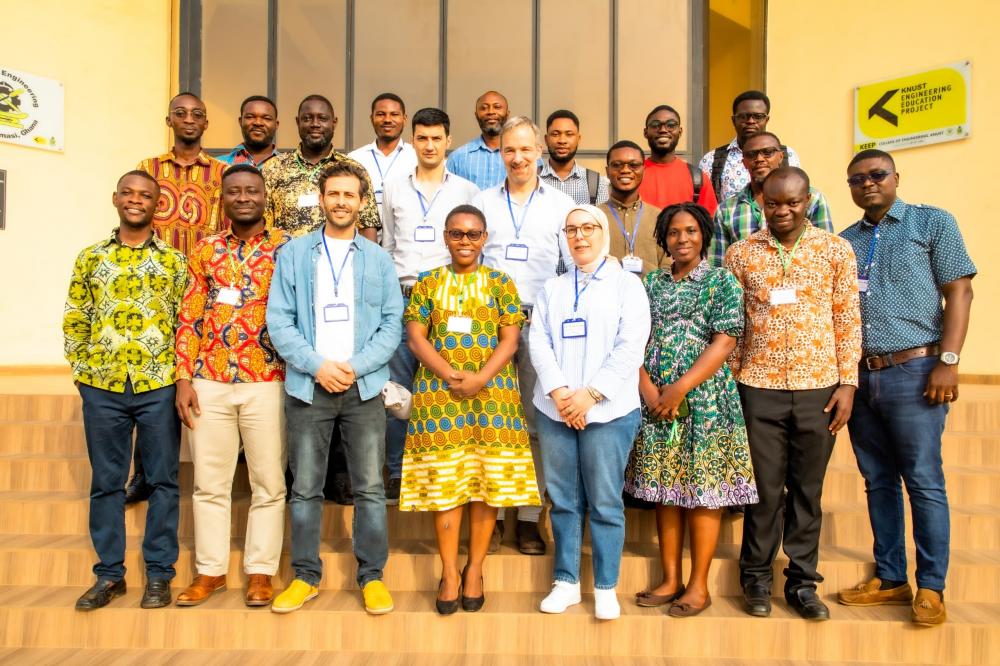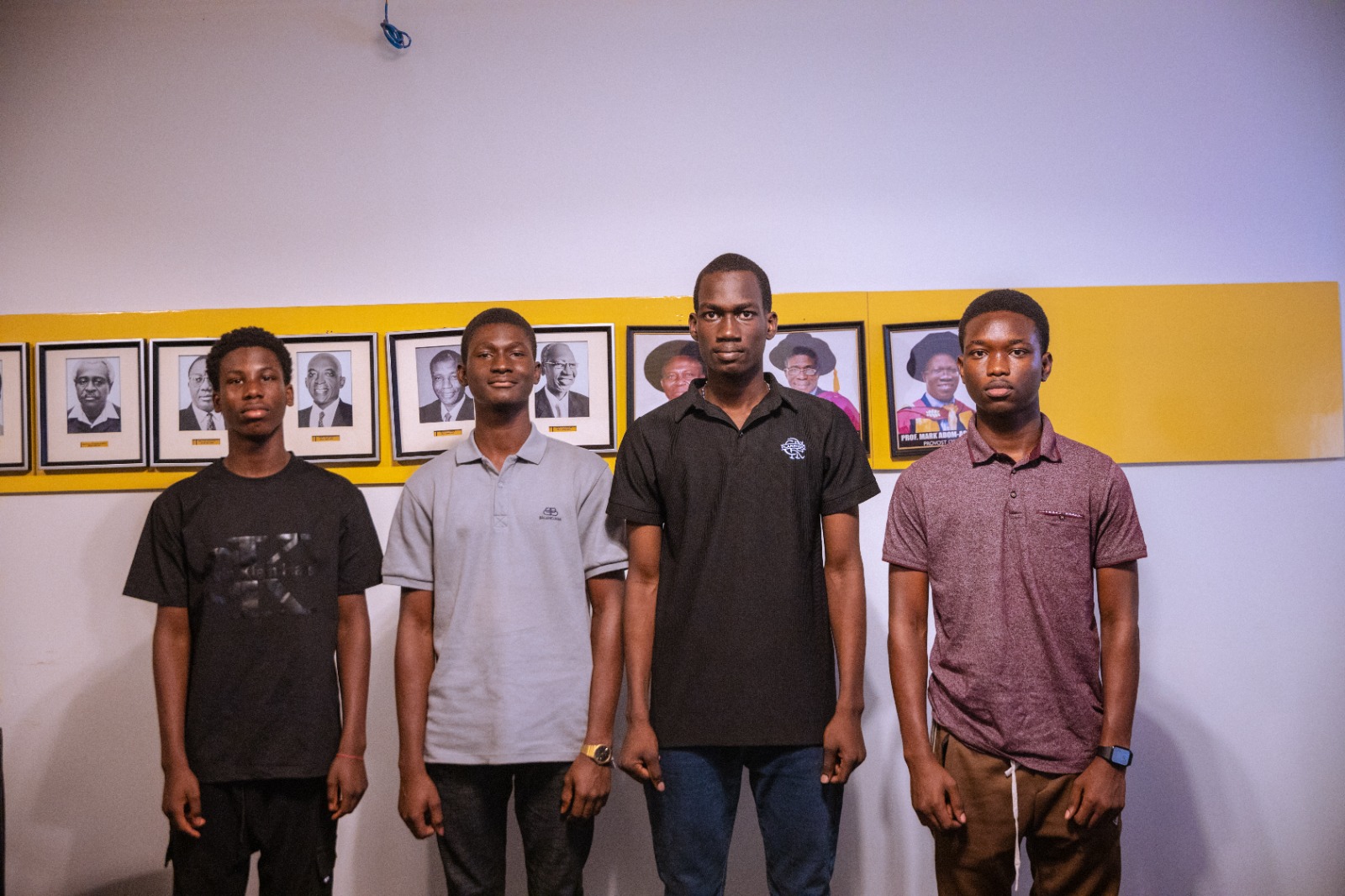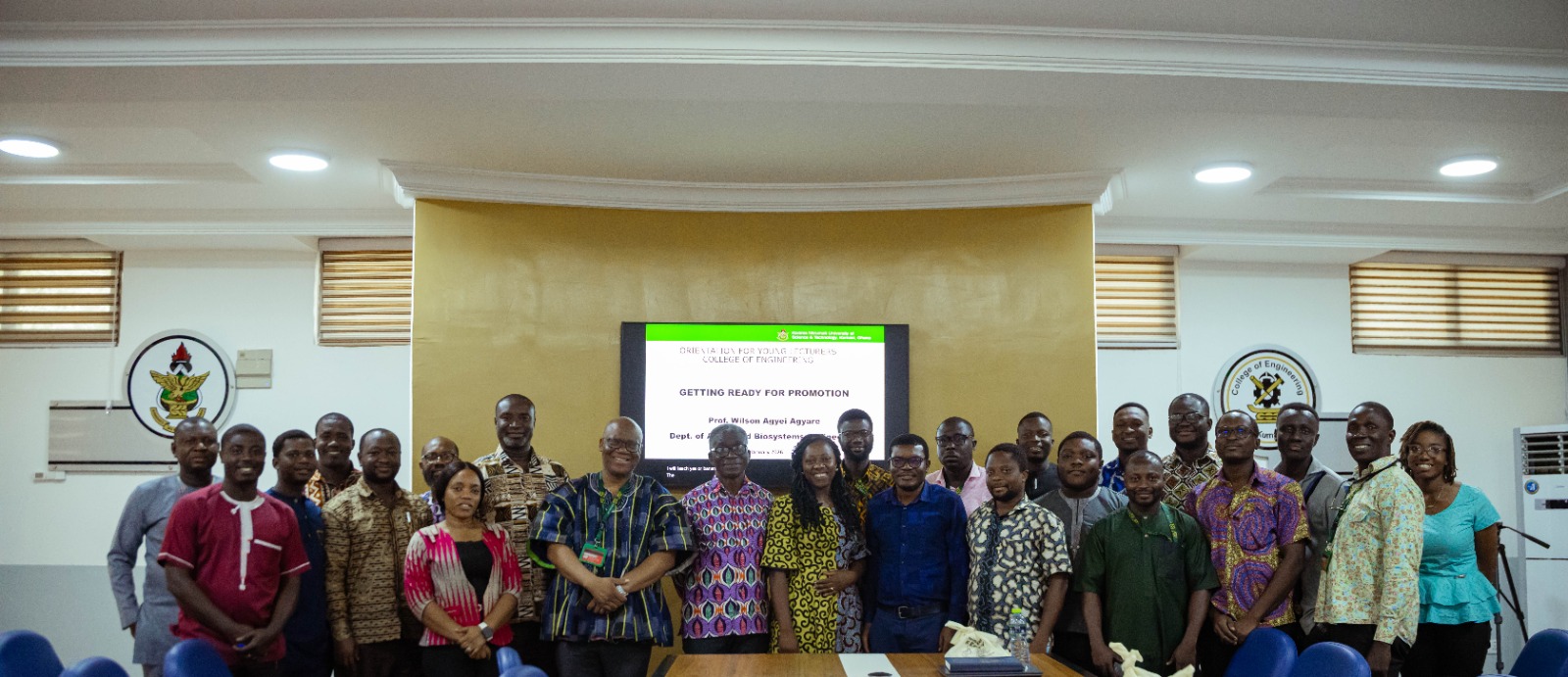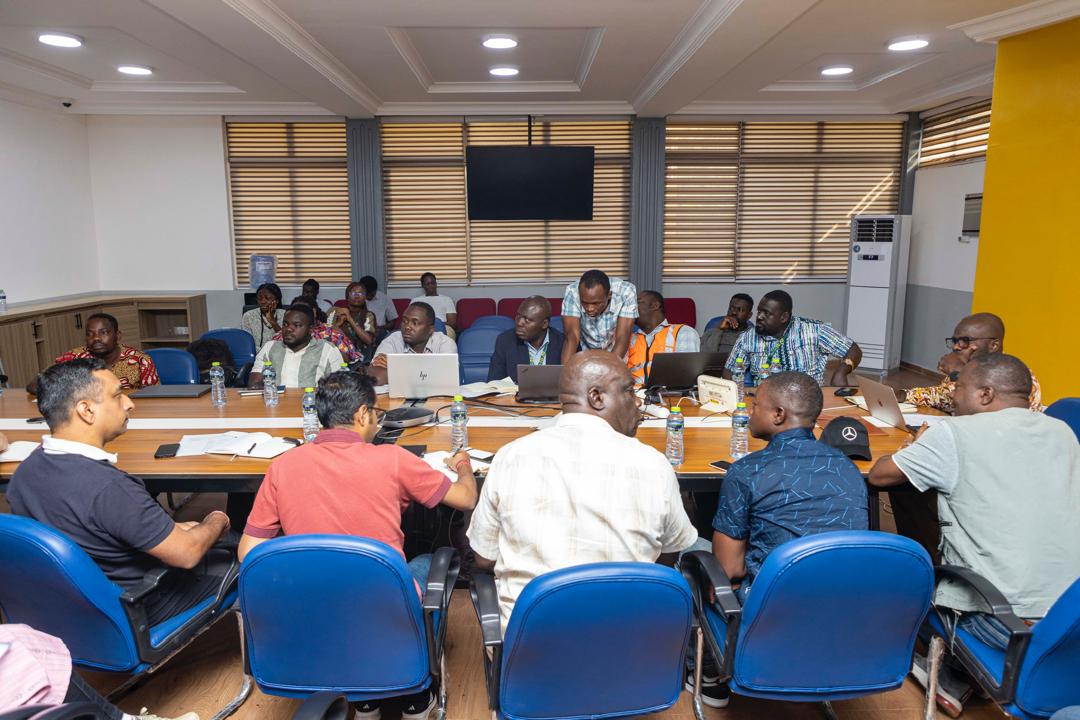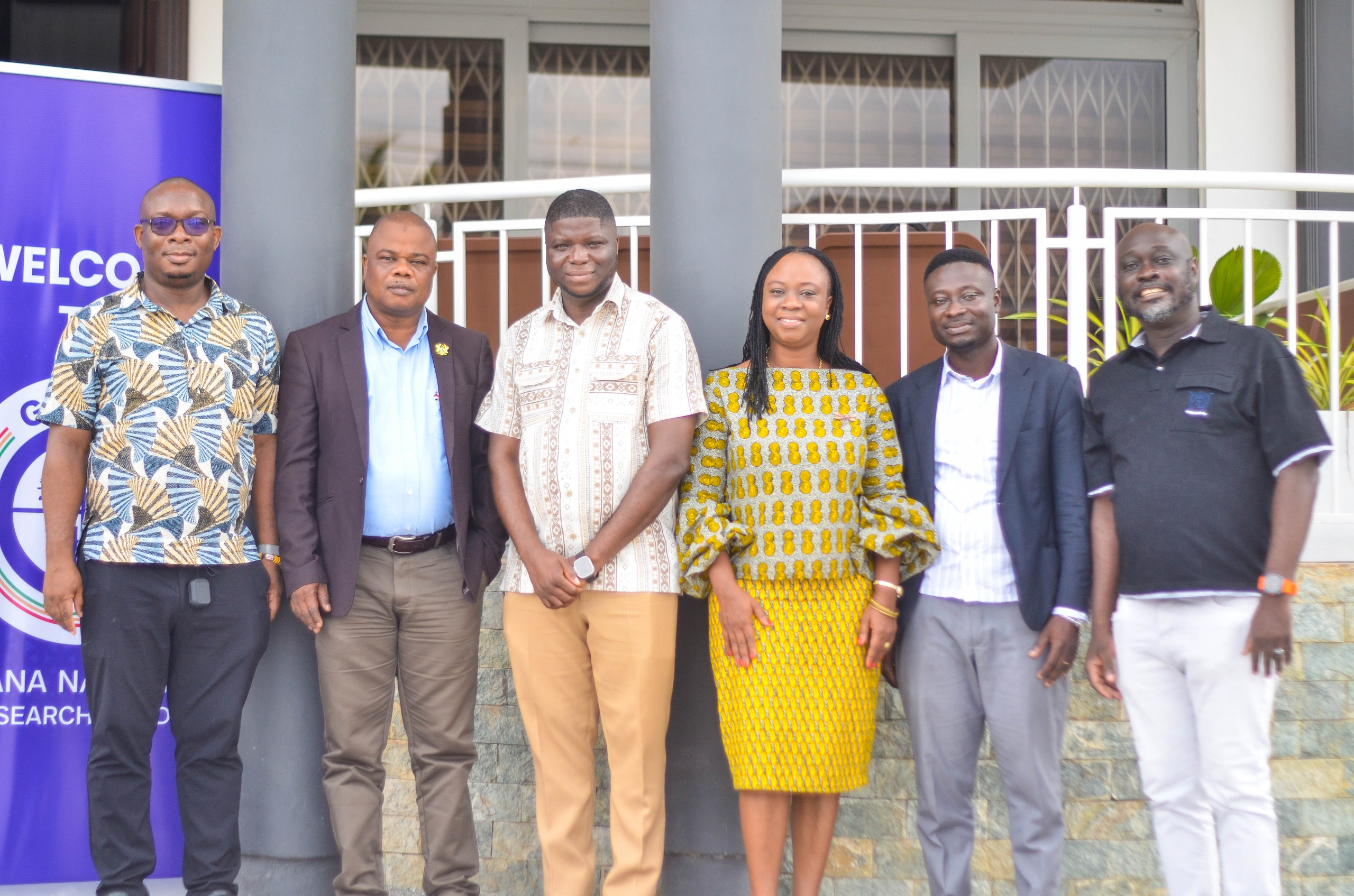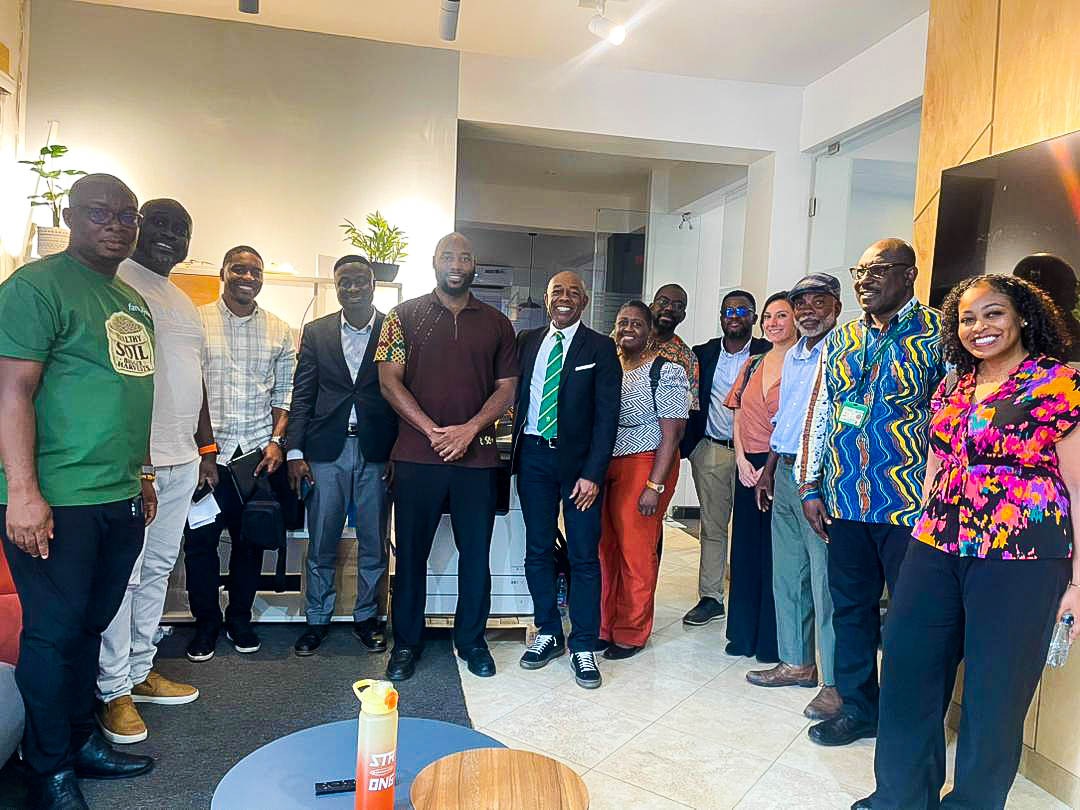The Department of Materials Engineering, in Collaboration with The Brew Hammond Energy Center, hosted a meeting of international partners for the WE-Africa project from December 16-19, 2024. The meeting brought together experts from Ghana, Egypt, Morocco, and Germany to discuss solutions for water and energy challenges in Africa.
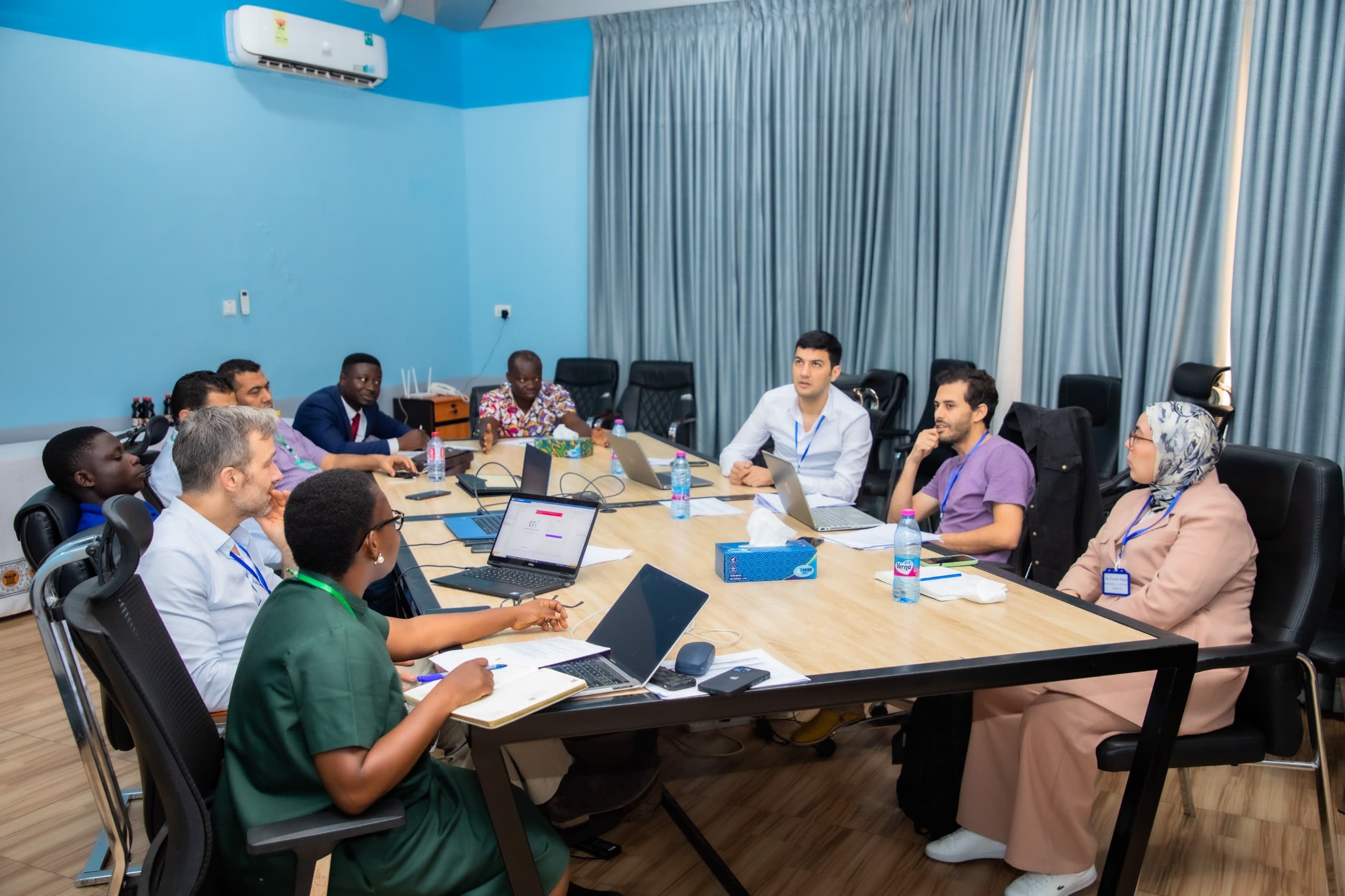
Attendees included Dr. (Mrs.) Bennetta Koomson (Team lead, Ghana), Prof. Kwadwo Mensah-Darkwa, Dr. Frank Ofori Agyemang, and Dr. Enoch Bessah from KNUST. International partners included Dr. Abdelwahab Hassan and Dr. Mohamed Kamel from Egypt, Prof. Dr. Lahoucine Atourki and Dr. Essalhi Hajar from Morocco, and Mr. Hasan Idrees and Dr. Michael Eisinger from Germany.
Representing the Provost of the college, Professor Kwaku Amaning Adjei, Dean of the Faculty of Civil and Geo-Engineering, welcomed the partners to the University and assured them of the college’s unwavering support towards the project. The Director of the Brew Hammond Energy Center, Professor David Ato Quansah, and the Head of the Department of Materials Engineering, Professor Emmanuel Gikunoo, also pledge their support for the project's success.
The meeting's main focus was the establishment of the Membrane Knowledge Hub, which aims to improve knowledge sharing and innovation in water and energy solutions in Africa. Participants discussed project progress, challenges, and future plans. They also explored ways to improve education and training in technical and vocational skills in Africa and how to work with industry partners.
Industry partners, including 3ESL Company Limited, Voltic Ghana, Adat Water Services, Oyerepa Mineral Water, and Right River Enterprise, attended the meeting and shared their experiences in using membrane technology for energy and water treatment.
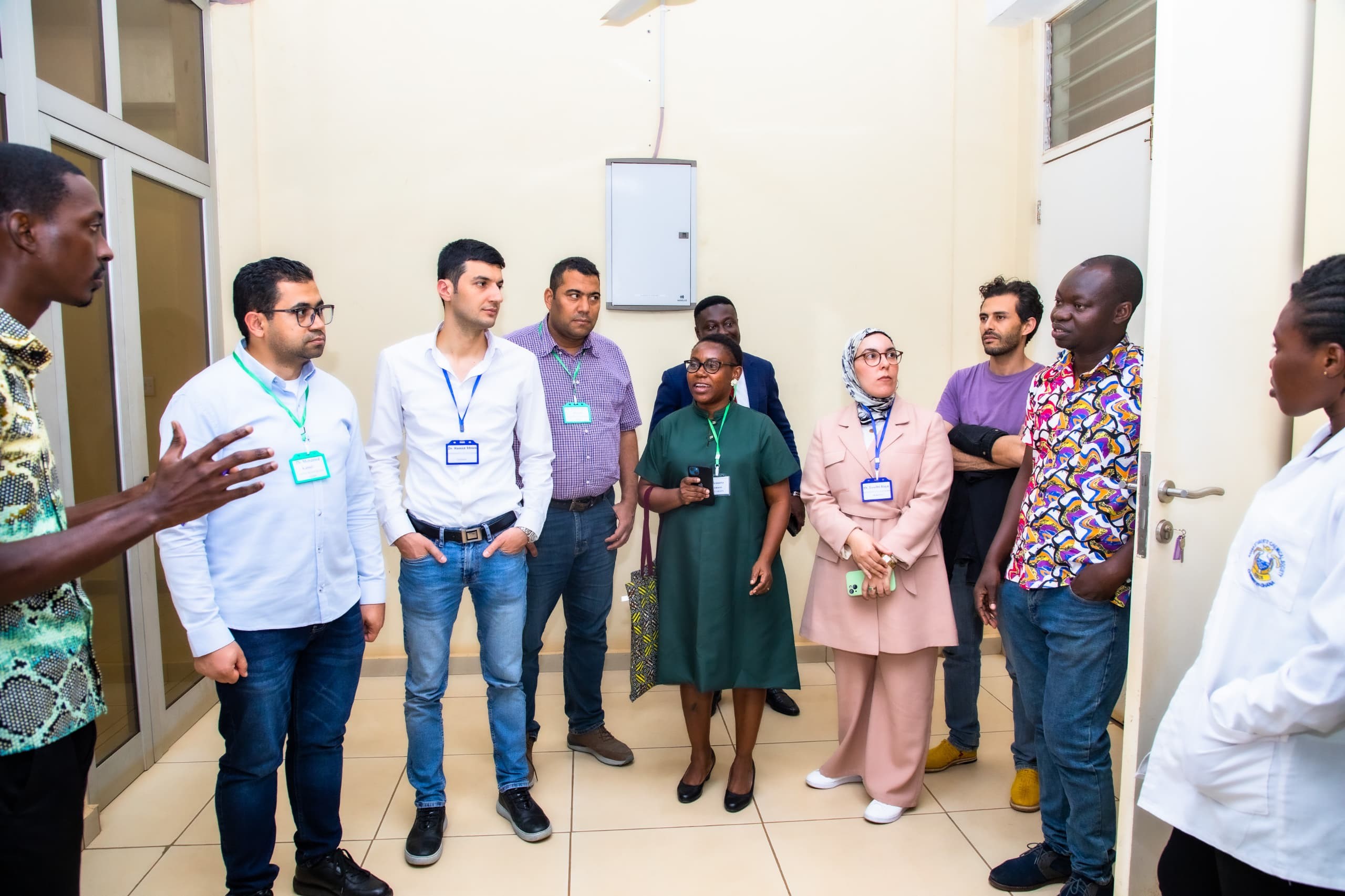
The meeting concluded with a visit to a local water treatment plant, Oyerepa Mineral Water, where participants saw how membrane technology is used in real-world applications. The WE-Africa project aims to address water and energy challenges in Africa.
The meeting at KNUST was an important step in this effort, and it demonstrated the university's commitment to international collaboration and innovation.


